It’s a crude but inescapable fact of history that many states had their origins in better-organised bandit gangs. It’s a depressing feature of the present that some states seem determined to slide back into bandit status. While Putin’s Russia retains the institutions of modern statehood, he and his clique of cronies and yes-men have no problem adopting the tactics of the thug – including kidnapping. The arrest of American journalist Evan Gershkovich on espionage charges appears to be the most recent example.
The Kremlin is tiptoeing closer to a kind of ‘North Koreanisation’
Gershkovich, part of the Wall Street Journal’s Moscow bureau, was on assignment in Ekaterinburg when he was detained by the Federal Security Service (FSB). This is the first time an American journalist has been arrested on spying accusations since the end of the Cold War – or perhaps it is better to say his is the first such arrest of the new Cold War.
The FSB claims that he was allegedly trying to obtain classified information, although in the current draconian Russian environment that could have been almost anything. According to an Al Jazeera journalist, Gershkovich was working on a story about how people felt about locals working for the Wagner mercenary group, which the Kremlin would likely have found embarrassing, but which would fall within what we would consider the purview of legitimate journalism. Nonetheless, the FSB is claiming that he was ‘acting on US orders to collect information about the activities of one of the enterprises of the Russian military industrial complex that constitutes a state secret.’
There is a complex relationship between the worlds of espionage and journalism. In fairness, sometimes the two do overlap, although these days it is much more likely that it will be freelancers within the media who have any spook links. So far, at least, there is no evidence that these claims against Gershkovich, a well-regarded member of the understandably dwindling western press corps in Russia, have any weight.
Instead, the inevitably suspicion is that this is linked to the recent arrest of two Russian spies in Slovenia and the conviction of another, Sergey Cherkasov, who had been trying to infiltrate the International Criminal Court.
When Moscow was eager to get former military intelligence officer and arms dealer Viktor Bout sprung from an American prison, it pounced on the discovery of cannabis oil vape cartridges in the baggage of basketball star Brittney Griner and imposed a well-over-the-odds nine year prison sentence on her. Unsurprisingly enough, before the end of the year, Bout and Griner were both free.
Griner had, at least, broken Russian law. So far we have not seen evidence that Gershkovich was doing anything more than journalism – which he was accredited to do by the Russian government. Yet already Russian Deputy Foreign Minister Sergei Ryabkov is rushing to affirm that while it is too early to discuss a possible prisoner swap involving him, such exchanges had taken place in the past and it is necessary to wait and see how the situation develops. That’s as explicit an invitation to a deal as one could expect at this stage.
I’ve never been happy with the clumsy and often misleading tag of ‘Mafia State’ for Russia, and whatever the horrors taking place in Ukraine and elsewhere, ‘terrorist state’ also seems a little too simplistic. Nonetheless, the degree to which the Kremlin seems so willing both to engage criminals as its agents (such as the contract killer whose criminal record was erased in return for his assassination of Chechen rebel agitator Zelimkhan Khangoshvili in Berlin) and criminal tactics as foreign policy make it depressingly clear just how far it is devolving into thugocracy.
With this willingness to embrace pariah status, and an almost wilful desire to sever links with the outside world (one wonders how many westerners will continue to be happy travelling to Russia now that kidnap and ransom have become policy) then the Kremlin is tiptoeing closer to a kind of ‘North Koreanisation.’ This is hardly the kind of country most Russians want for themselves, but the more Putinism becomes Juche-with-Russian-characteristics, to invoke North Korea’s ideology of isolation and self-reliance, the wider the gap may grow between Putin and his people, who will be able to do less and less about it.
Gershkovich is the current and most flagrant example, but arguably many or most of Russia’s 140 million people are also Putin’s hostages. Gershkovich, one hopes and presumes, will make it out, though.
Got something to add? Join the discussion and comment below.
Get 10 issues for just $10
Subscribe to The Spectator Australia today for the next 10 magazine issues, plus full online access, for just $10.

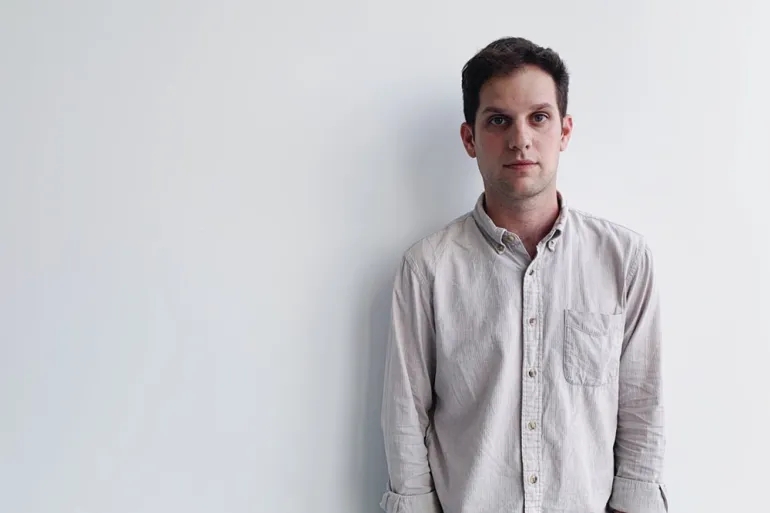
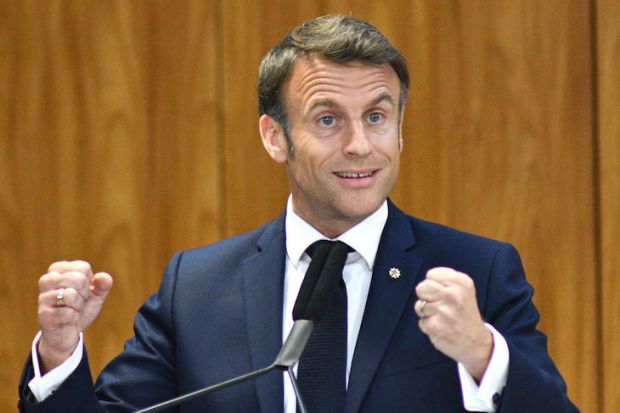
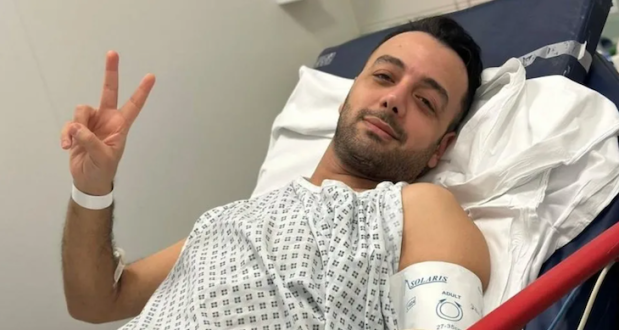
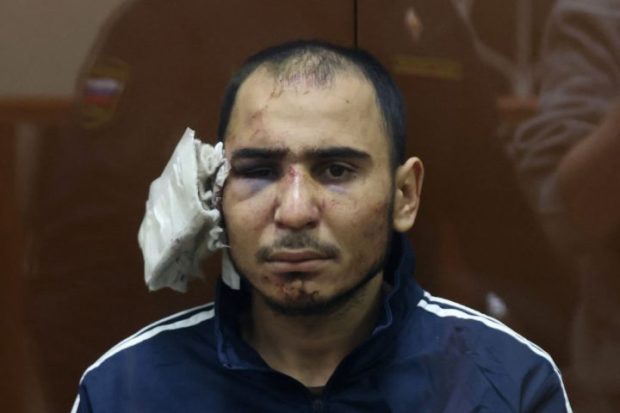
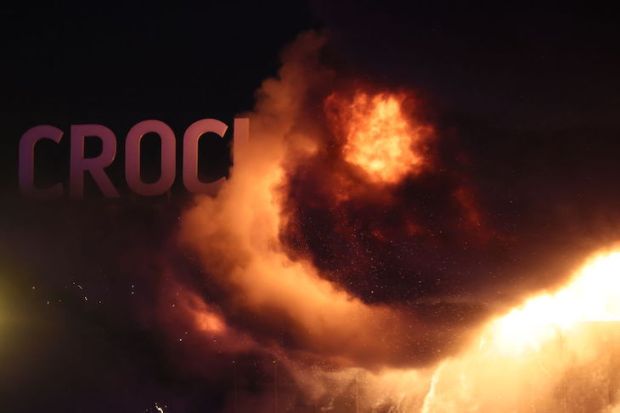
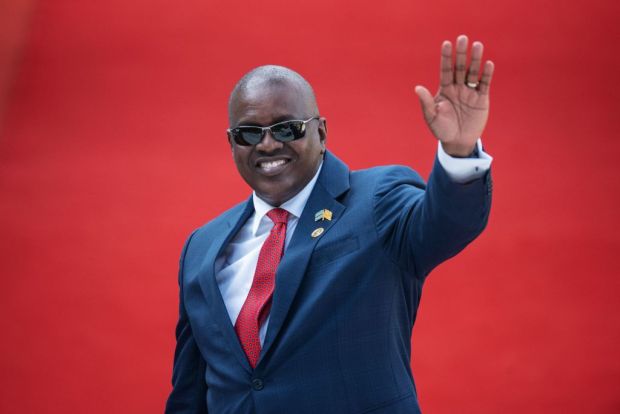
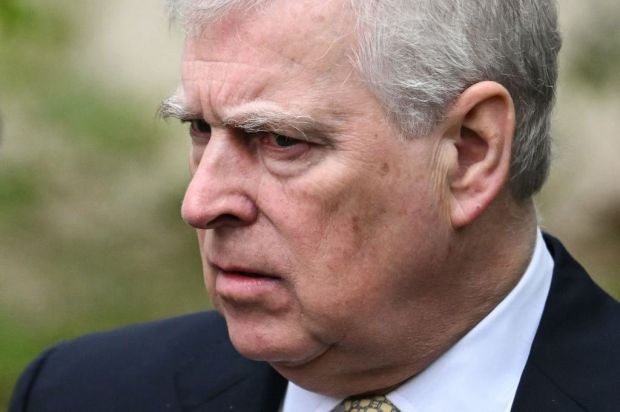












Comments
Don't miss out
Join the conversation with other Spectator Australia readers. Subscribe to leave a comment.
SUBSCRIBEAlready a subscriber? Log in